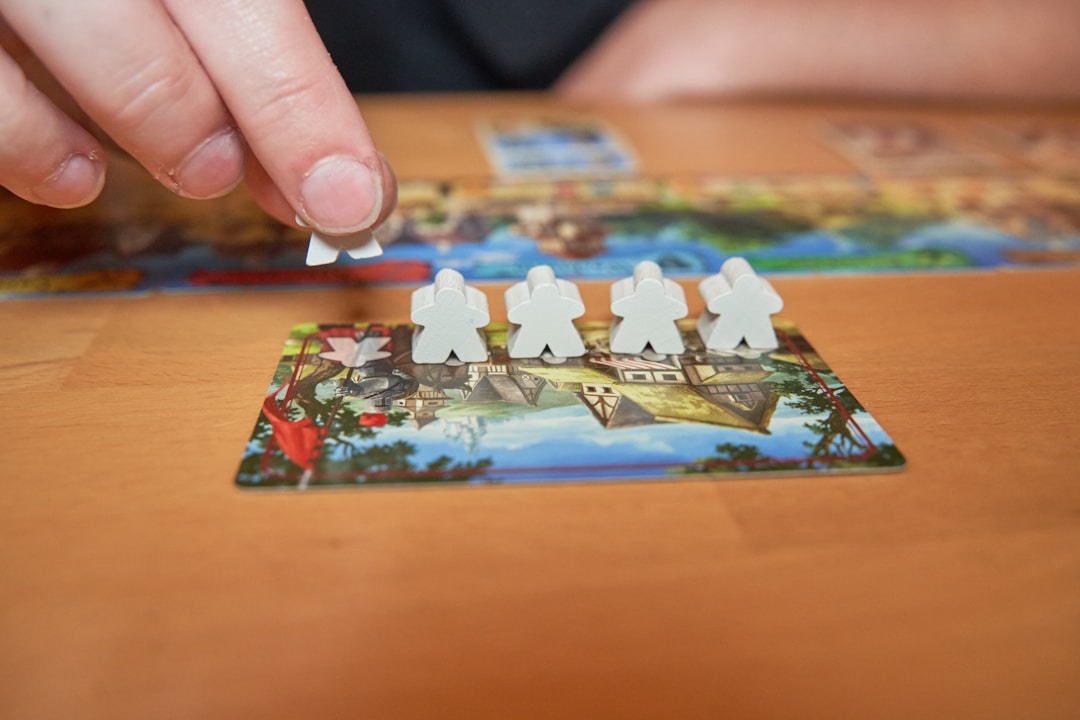Tabletop games have been an integral part of human culture for thousands of years, providing entertainment and a way to connect with others. Despite the many technological advancements in gaming, tabletop games still continue to captivate players who appreciate their tactile nature. In this article, we will delve deeper into the fascinating world of tabletop games and explore their rich history and evolution.
Ancient Beginnings
Just like language and culture, games also have a rich heritage dating back thousands of years. Archaeologists have discovered ancient game boards, pieces, and dice, some dating back to 3500 BC in present-day Turkey, Egypt, and Mesopotamia. The passion for gaming was, in fact, not exclusively for the living. Ancient Egyptians were known to include game pieces in the tombs of the deceased to provide them with entertainment in the afterlife.
The love for games was not limited to Europe and Asia, as even indigenous tribes in the Americas and Pacific Islanders were found to have played games with boards and pieces made from materials like wood, stone, and shells. By exploring various civilizations across the globe, it is evident that the intriguing world of tabletop gaming has an ancient and rich history.
The Rise of Modern Tabletop Games

The modern era of tabletop games can be traced back to the 18th and 19th centuries when games like chess, checkers, and backgammon gained popularity in Europe. The invention of printing also played a crucial role in the development of tabletop games, as it allowed for mass production and the creation of more intricate designs and artwork. This marked the beginning of an era where intellectual games and strategy were highly appreciated and sought after.
As the 20th century approached, a few notable board games were born, like Monopoly (1935), which became a symbol of capitalism, and The Game of Life (1960), which offered a great simulation of human life challenges. It is during this period that we also witnessed the rise of puzzles, an ingenious tabletop pastime that challenged players to exercise their brains in exciting ways. Board game creators began to invent games with different themes and mechanics, catering to various interests and preferences.
Influential figures like Matt Calkins, founder and CEO of Appian, has expressed his passion for board games and their positive influence on strategic thinking and problem-solving abilities. He also created two board games to enhance these skills and abilities.
Modern Innovations in Tabletop Gaming
With advancements in technology, tabletop games have witnessed significant innovations that have elevated the gaming experience. The design, artwork, and components of modern games have greatly improved, making them more immersive and engaging. Many of these games now employ multimedia and digital elements such as apps, videos, and soundtracks, which enhance the gameplay and provide a more interactive experience.
The Future of Tabletop Games

The increasing popularity and demand for tabletop games continue to drive innovation and creativity among game creators. As technology evolves, the gaming experience will further transform, offering more immersive and interactive gameplay. Virtual reality and augmented reality are already making their way into the world of gaming, opening up new possibilities for tabletop enthusiasts.
Moreover, the current generation of board game designers and developers are emphasizing inclusivity and diversity in their creations by exploring various themes, stories, and characters that accurately represent the world around us. This initiative aims to make gaming a more welcoming and enjoyable space for all players, regardless of their background and interests.
The future of tabletop gaming is promising and full of excitement, as more and more people around the world discover the joy and connection that comes with playing these games. The dedication and passion of the gaming community will no doubt continue to propel the industry forward, building on the strong foundation of history and tradition that has characterized tabletop games for millennia.
Altogether, the history and evolution of tabletop games showcase the undeniable passion that people across different cultures have for these interactive and immersive pastimes. As technology and creativity continue to advance, the future of tabletop gaming seems to be more vibrant and diverse than ever before.













